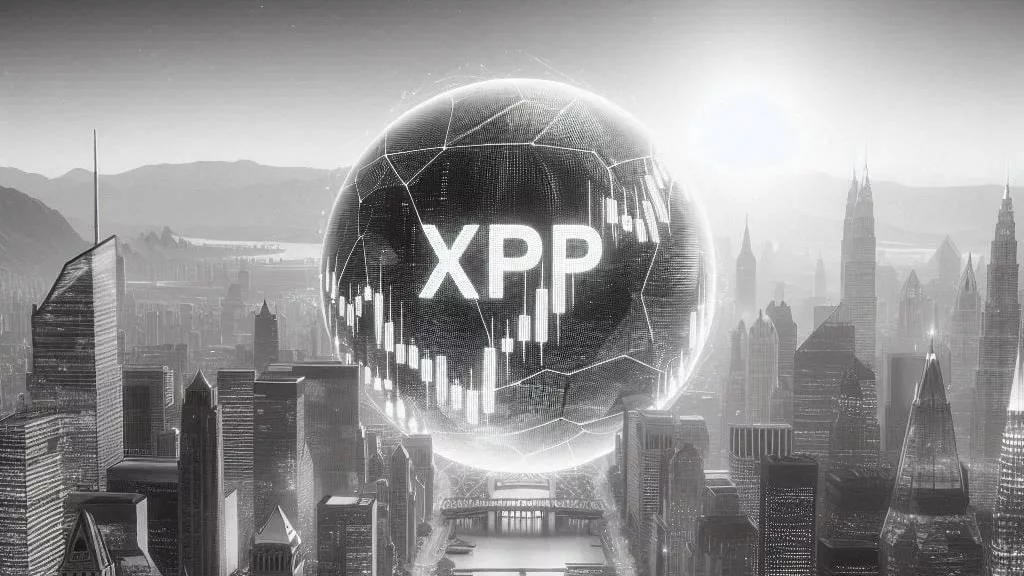
Bitcoin versus traditional assets like gold, Peter Schiff, Global Strategist at Europac, has once again voiced his skepticism about Bitcoin’s future. Schiff, a long-time advocate for gold, recently celebrated the precious metal reaching a new all-time high of nearly $2,450. He took the opportunity to criticize Bitcoin, highlighting its volatility and questioning its long-term value amidst recent price fluctuations.
Bitcoin, the flagship cryptocurrency, has experienced significant ups and downs in recent months. From reaching highs of over $73,000 in mid-March to a low of $52,000 in early July, the digital currency has been on a rollercoaster ride. Factors such as large sell-offs by whales and regulatory actions have contributed to its price volatility, causing uncertainty among investors and market participants alike.
Despite these challenges, Bitcoin has shown resilience by bouncing back to around $64,570 at the time of writing, marking a 5% increase in the last 24 hours. This slight recovery has flashed hope among some investors, although Schiff remains unconvinced, attributing such movements to temporary market dynamics rather than sustainable growth.
Peter Schiff’s criticism of Bitcoin revolves around his belief that it lacks intrinsic value compared to tangible assets like gold. He views Bitcoin as a speculative bubble, driven more by hype and investor sentiment rather than fundamental worth. Schiff’s repeated warnings about Bitcoin’s volatility and potential for a sharp decline underscore his cautious stance towards digital currencies.
On the other side of the debate, supporters of Bitcoin argue that its value lies not only in its price but also in its transformative potential for the financial industry. They point to blockchain technology, the underlying innovation behind Bitcoin, as a game-changer capable of revolutionizing sectors beyond finance. Advocates believe that Bitcoin’s decentralized nature and censorship-resistant properties make it a powerful tool for financial inclusion and innovation.
Despite Peter Schiff’s critiques, many within the cryptocurrency community view Bitcoin as a revolutionary force that challenges traditional financial systems. They argue that Bitcoin’s utility extends far beyond its price volatility, emphasizing its role as a decentralized store of value and a hedge against inflation. Supporters contend that Bitcoin’s scarcity and mathematical underpinnings provide a robust framework for long-term investment.
Moreover, advocates of blockchain technology highlight its potential applications in sectors such as supply chain management, voting systems, and decentralized finance (DeFi). They assert that the integration of blockchain could lead to more transparent and efficient processes across various industries, further bolstering Bitcoin’s relevance in the digital age.
Looking ahead, the trajectory of Bitcoin hinges on several factors, including regulatory developments, market sentiment, and technological advancements. Institutional adoption of Bitcoin and other cryptocurrencies continues to grow, with major financial institutions and corporations investing in digital assets as part of their portfolio diversification strategies.
The regulatory landscape surrounding Bitcoin remains a crucial determinant of its mainstream acceptance and market stability. Regulatory clarity and oversight are essential for fostering investor confidence and mitigating risks associated with digital currencies.
In conclusion, the debate between Bitcoin and traditional assets like gold reflects broader discussions about the future of finance and value preservation. While Peter Schiff emphasizes the enduring value of tangible assets like gold, proponents of Bitcoin argue for the transformative potential of blockchain technology and decentralized currencies.


Get the latest Crypto & Blockchain News in your inbox.